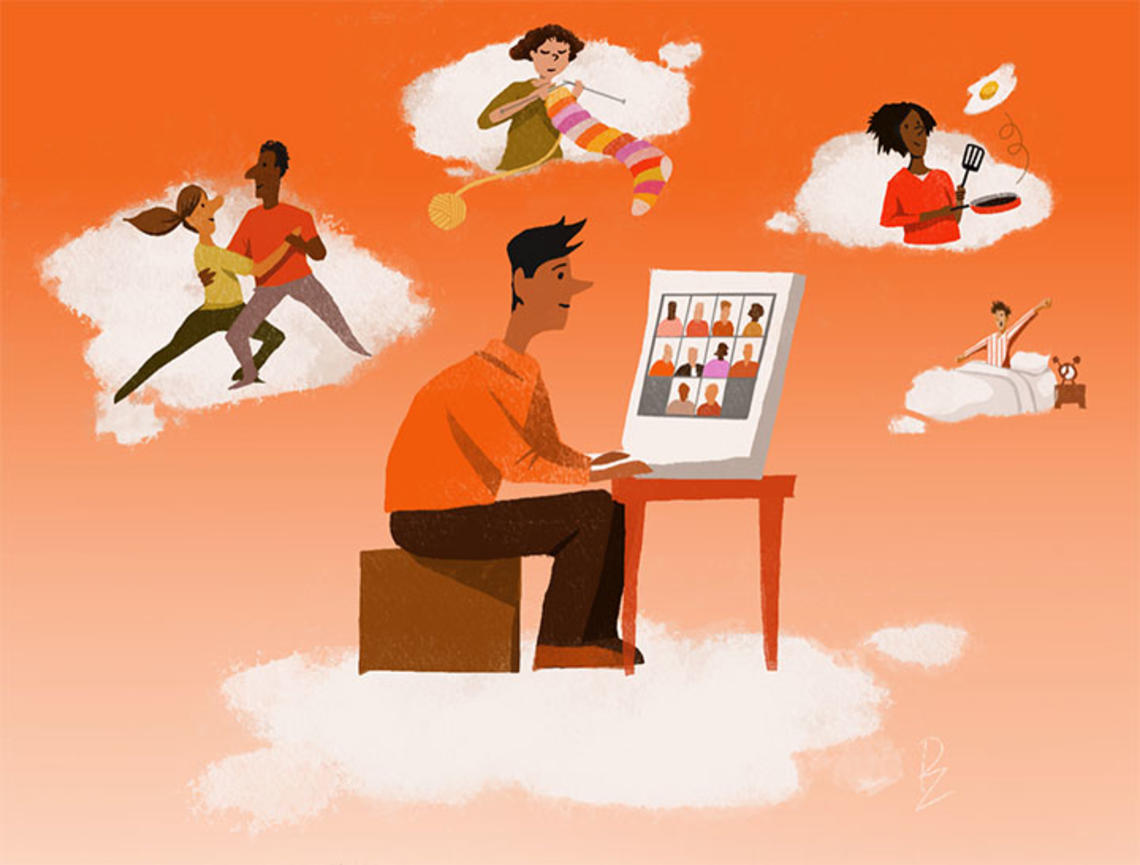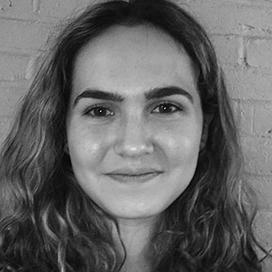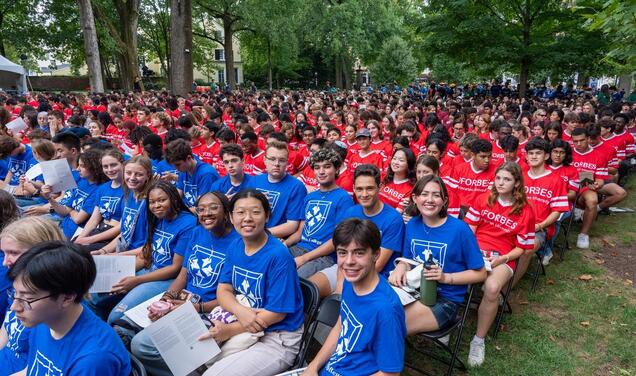Wintersession Teaches Cooking, ‘Sleeping for Success,’ and More
‘I have new admiration for anyone who leads a cooking class,’ wrote President Eisgruber ’83


The University’s shift to a new calendar this year moved fall exams to December and also brought with it Princeton’s new “Wintersession,” an opportunity for students, faculty, and staff to gather on Zoom and learn through no-strings-attached workshops. No essays, no tests, and certainly no grades. More than 3,100 people, including 2,264 students, signed up for a total of about 9,300 spots, according to organizers.
Originally envisioned to be held in person, the program pivoted to a virtual format because of the pandemic. Workshops were held during the last two weeks of January, as many undergraduates were returning to campus.
The program was inclusive by design, said Judy Jarvis, director of the Office of Wintersession and Campus Engagement. “This year, more than any other year, we need community-building and we need different ways to connect with each other,” she said. “So I felt like Wintersession could actually offer something really important to the community.”
Students certainly had a lot to choose from, with 292 daytime workshops and a range of topics from coding to knitting to cooking to salsa dancing. There was even a cooking basics session led by President Eisgruber ’83, titled “How to Fry an Egg.” (Afterward, Eisgruber said in a story on the University website, “I have new admiration for anyone who leads a cooking class: It’s not easy to teach and mind a hot stove at the same time!”)
Few Wintersession proposals were rejected, according to Jarvis; the committee’s job was “making sure that the submissions were true to our mission, which is dynamic, active learning, and whenever possible, unexpected.”
For the unexpected, consider the workshop on “Sleeping for Success,” held on the Friday before the start of spring-semester classes. The dozen students on hand might have been anticipating a science lecture. Instead, they were pleasantly surprised to discover that the “teacher” was in fact a peer, Matthew Marquardt ’21, who has a personal passion for helping other students create healthier sleep habits.
Marquardt’s lecture had an informal and intimate atmosphere — a feeling often lost in the time of COVID-19, when each student can be one square on a screen of 50 or more. After looking at ways in which Princeton is sleep deprived, he offered tips for healthier habits, like waking up at the same time every day, even on weekends, and making your room a “sleep oasis” with no bright lights and no homework in bed. “I feel passionate about this because it is something that everyone struggles with, even myself,” Marquardt told PAW.
Marquardt shared his own story: After growing up with parents who emphasized good sleep habits, during his freshman year he was surprised to discover how late students went to bed. Receiving a diagnosis of sleep apnea cemented his interest in the science of the topic and how it affects the lives of Princeton students.
Most workshops were led by volunteers from the University community. In the “Ink as Art” workshop, Nemo Newman ’23 led students through the history of tattoos and the steps to choosing and getting one. In “Decolonizing Islam,” Sohaib Sultan, the University’s Muslim chaplain, combatted misinformation about Islam. In “Healing Through Creativity,” Hope VanCleaf, communications assistant at the Lewis Center for the Arts, led students through the process of making a “healing bowl.”
Like the workshops themselves, students’ reasons for attending sessions varied. Hadar Halivni ’22, a neuroscience major, attended nine workshops, many of them with a focus on art, something she enjoys but knew she wouldn’t have time for during the semester.
Looking toward next year, Jarvis is hopeful that Wintersession’s future will be in person, although depending on feedback, the program may offer a few virtual workshops again. But just like this year, the content itself will be entirely up to the Princeton community. “Every year there are new proposals, and so the content changes every year,” she said.










No responses yet